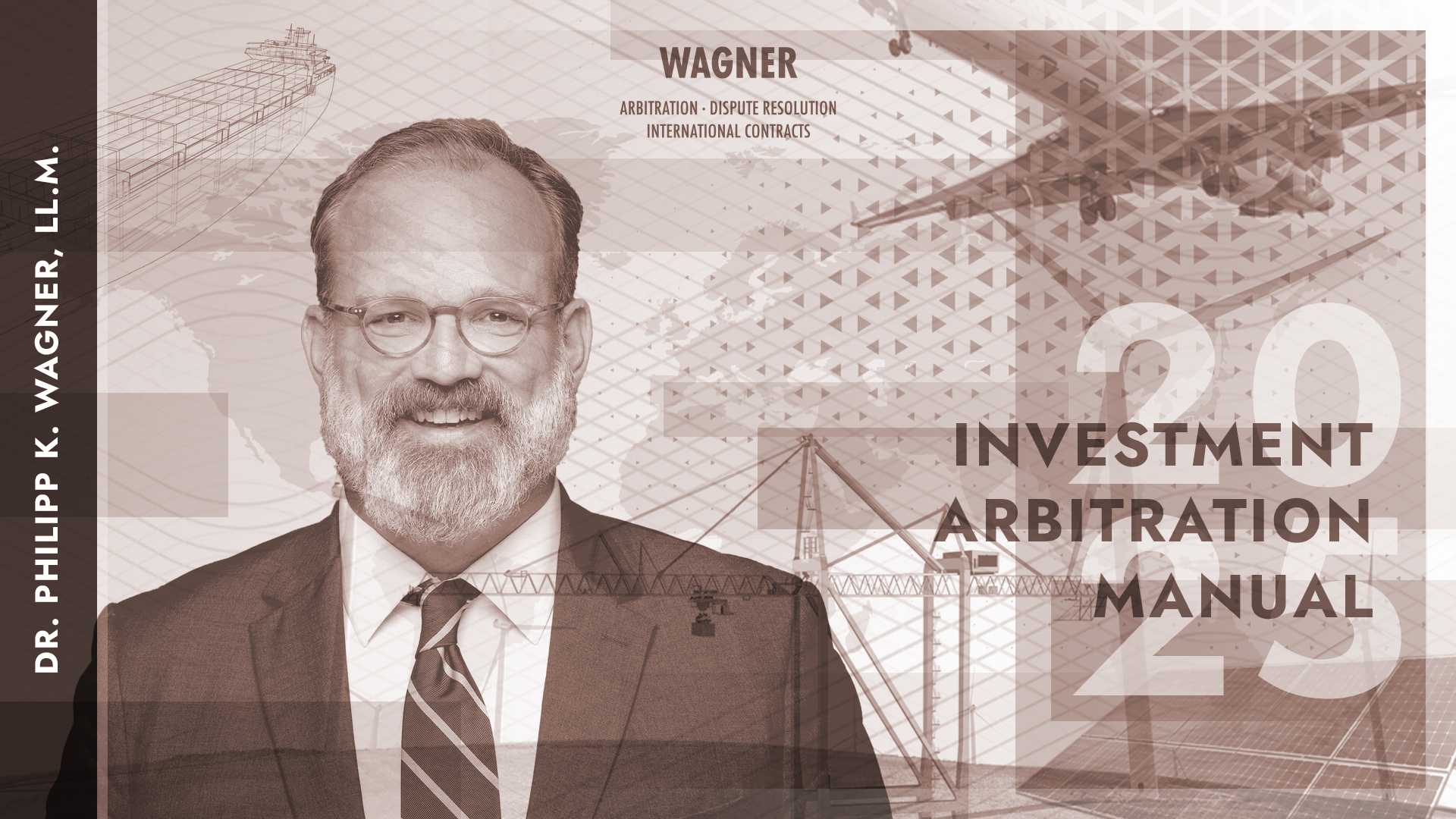An investor who is based in a EU member State and initiates investment arbitration proceedings against another EU member State should be prepared to be confronted with a special legal action available under German arbitration law: Section 1032(2) of the German Code of Civil Procedure (ZPO) allows a party to request a domestic court to determine whether an arbitration is admissible, even if the place of arbitration is not located in Germany.
While the provision has traditionally been used in commercial arbitration contexts, it is increasingly invoked in investment arbitration, particularly by EU member States seeking to prevent intra-EU claims. The text of the provision does not distinguish between commercial and investment arbitration. In practice, however, EU member States have relied on it to challenge intra-EU claims brought under now-terminated bilateral investment treaties or the Energy Charter Treaty. The key requirement: a sufficient connection to Germany.
The Achmea Jurisprudence
EU member States have made use of this instrument as a result of the so-called Achmea decision. In Achmea (C-284/16), the CJEU held that arbitration clauses in intra-EU BITs are incompatible with EU law, as they compromise the autonomy of the EU legal order and the exclusive jurisdiction of the CJEU. Subsequent decisions – notably Komstroy and PL Holdings – expanded this rationale to the ECT and to ad hoc arbitration agreements.
In this context, Section 1032(2) ZPO has emerged as a proactive mechanism for EU member States to successfully declare arbitral proceedings inadmissible before an arbitral tribunal is formed, thereby reinforcing their Achmea-based objections within the EU legal framework. This approach has meanwhile been confirmed by the highest German civil court, the German Federal Court of Justice (BGH) in the Mainstream case (BGH, I ZB 43/22).
Jurisdiction of the Berlin Court of Appeals and the Question of Domestic Nexus
Pursuant to Section 1062(2) ZPO, applications under Section 1032(2) ZPO fall within the exclusive jurisdiction of the 24 German Higher Regional Courts which generally serve as courts of appeal (Oberlandesgerichte, OLG). The primary test for venue is the domicile or the location of assets of the party opposing the application, i.e. the investor. In the alternative, the Berlin Court of Appeals aka Kammergericht will have jurisdiction.
While the statute does not explicitly require a domestic nexus for the alternative jurisdiction of the Kammergericht, the courts and legal scholars have developed such a requirement in practice, arguing that an alternative competence without some form of domestic nexus would be illogical. Typical connecting factors include the personal proximity of at least one party or of the subject matter of the dispute to Germany as well as a certain likeliness that recognition and enforcement of a later award may be applied for in Germany. The threshold does not seem to be particularly high.
Strategic Use by EU member States
This could turn the Kammergericht into a central venue for pre-arbitration challenges to intra-EU investment claims. Section 1032(2) ZPO may be seen as an effective litigation tool for EU member States facing intra-EU investment claims. It allows them to raise jurisdictional objections based on EU law early in the process, often before the arbitral tribunal is even formed. This can delay proceedings, bolster their legal position, or potentially have a deterring effect altogether.
However, it should be noted that – as a general rule – the decisions of the German OLG are binding upon German courts only. Neither are they binding upon the state courts of another country nor on international arbitral tribunals without specific examination of the res judicata principles applicable in each individual case. This means that an arbitral award obtained despite an OLG decision declaring arbitral proceedings inadmissible is not per se unenforceable outside Germany.
Conclusion
Section 1032(2) ZPO plays a growing role in the EU’s legal strategy to phase out intra-EU investor-State arbitration. While the statute does not formally require a domestic nexus for the alternative competence of the Kammergericht, such nexus has consistently been considered as a prerequisite for jurisdiction. How broadly or narrowly this nexus is interpreted will remain a key issue for future proceedings. In any event, the binding effect of decisions rendered by German courts under Section 1032 (2) ZPO will be limited.

